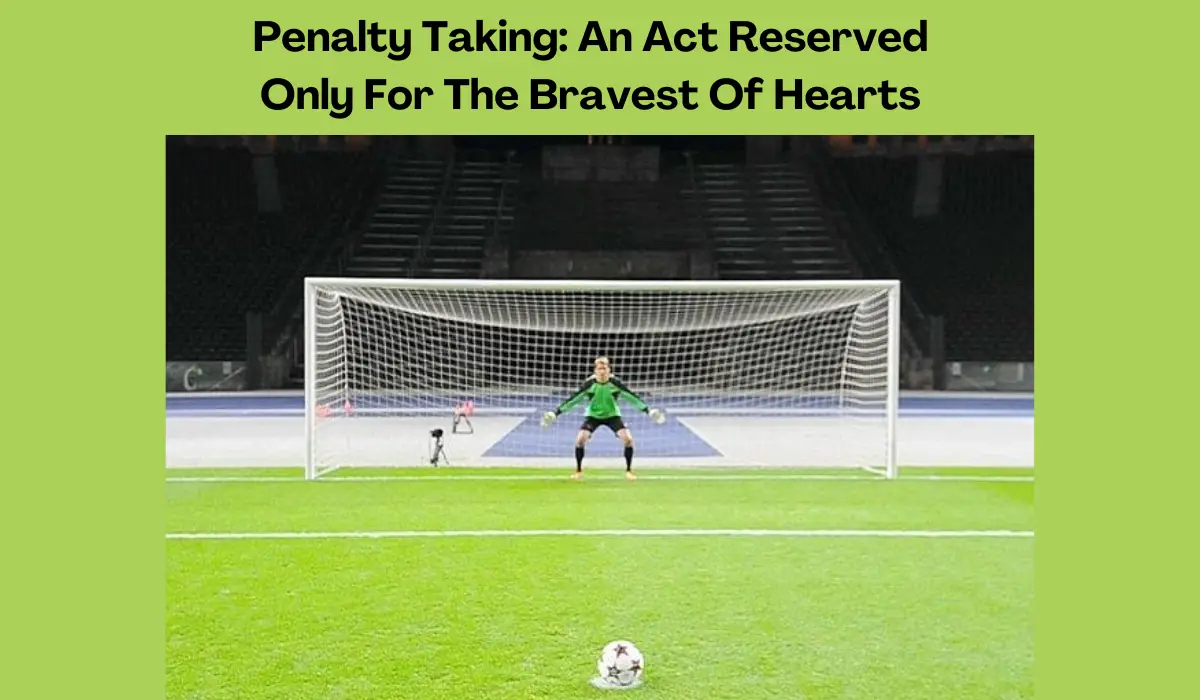The soccer field is not only a battleground for players but also an arena where coaches passionately engage in the game. For spectators, the boisterous yelling from the sidelines may seem like a curious spectacle, leaving them pondering the motivations behind such intense vocal expressions. Contrary to the common misconception that football coaches yell so much solely to reprimand or direct players, the reality is much deeper. Football coaches yelling is a symphony of passion, emotion, and strategic communication. Let’s get more details.
Read Also: How To Be A Coach Without Playing Football
6 Reasons Why Football Coaches Yell So Much
1. Passion
At the heart of a soccer coach’s vocal fervour lies an unparalleled passion for the game. These mentors have dedicated their lives to soccer, investing countless hours in honing their skills and understanding the intricacies of the sport. This deep connection translates into a fiery enthusiasm that surfaces during every match. Soccer coaches are not merely spectators; they are active participants in the unfolding drama on the field. Their shouts are not just directives but manifestations of an undying passion that fuels their desire for success.
2. Emotions
Soccer is a game of highs and lows, and coaches experience every twist and turn alongside their players. The emotional rollercoaster that accompanies the unpredictable nature of the sport often finds its expression in the form of loud exclamations. From the jubilation of a well-executed play to the frustration of missed opportunities, coaches ride the emotional wave with an intensity that is palpable on the sidelines. Yelling becomes a cathartic release for these coaches, a means to channel the emotional whirlwind that is an inherent part of soccer.
Read Also: What Do Football Players DO After The Match?
3. Strategic Communication
Beyond the cathartic release, coaches strategically use their voices to communicate with players on the field. Soccer is a dynamic sport where split-second decisions can make the difference between victory and defeat. Amid the fast-paced action, coaches rely on vocal cues to convey tactical instructions, motivate players, and make real-time adjustments. Yelling serves as a tool for immediate communication, cutting through the noise of the game and ensuring that players receive crucial information without delay.
Read Also: Why Football Is Very Popular Today
4. Instilling a Sense of Urgency
In the heat of the moment, coaches often raise their voices to instil a sense of urgency in their players. Soccer matches are time-bound, and the need to act decisively is paramount. Coaches understand that a quick response can change the course of the game, and their animated shouts serve as a call to action. The urgency in their voices is a reflection of the competitive spirit that drives them to demand peak performance from their team.
5. Creating a Unified Front
The soccer field is a stage where individual brilliance must harmonize with collective effort. Coaches use their voices as a tool to forge a united front, fostering a sense of camaraderie among players. Yelling becomes a means of building team spirit, with coaches using their vocal prowess to create an atmosphere of collective determination. The shared intensity of the coach’s shouts serves as a rallying point, bringing players together in a common pursuit of victory.
6. Motivational Boost
While some coaches may adopt a stern tone, many use yelling as a motivational tool. The loud and assertive nature of their commands is intended to inspire players, pushing them to push their limits and give their best on the field. The emotional charge in a coach’s voice is not necessarily an expression of anger but a manifestation of their burning desire to see their team succeed. Players often draw strength from this vocal encouragement, turning the coach’s yells into a source of motivation.
Conclusion
To reiterate, football coaches yell so much not because of any surface-level perception of anger or frustration, rather it is a dynamic interplay of passion, emotion, and strategic communication.
These mentors live and breathe soccer, and their vocal expressions on the sidelines are a testament to their unwavering dedication to the game.
As spectators, understanding the depth of these motivations adds a layer of richness to the spectacle, transforming the coach’s shouts into a vibrant and integral part of the beautiful game.





